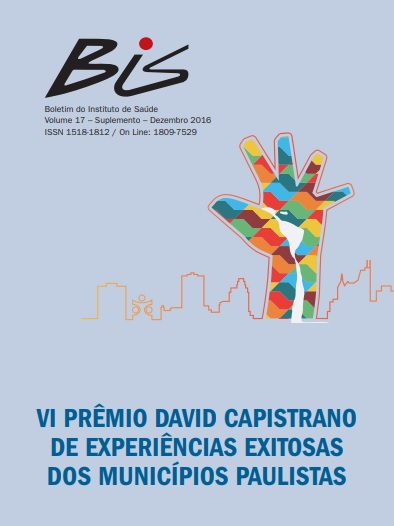Abstract
The Judicialization also affects the Mental Health Public Policy. This study aimed to reflect on the process deinstitutionalization and insertion of judicialization in Mental Health, through the analysis of compulsory hospitalization in disfavor of Ourinhos-SP in 2014 and 2015. Of the 83 hospitalization, 92.8% were with preliminary injunction (68 patients and 15 readmissions), obtaining 98.8% approvals. In 72.1% of the injunctions does not present age of the patients, but most were men between 31 and 59 years old. 86.7% of the cases were drug addiction. Health and Judicial follow parallel paths, intends to meet citizens in their constitutional rights differently, if not controversial. When the court says yes to the request of some hospitalization, may delay the possibility of reflection on the process of mental illness and consequent role that could result from this empowerment.
References
2175-6880 (Online). Anais do Evento; 2009. GT4. Cidadania, controle social e migrações internacionais.
www.seminariosociologiapolitica.ufpr.br. [Acesso em: 19 de fev 2016].
2. Amorim AKMA, Dimenstein M. Desinstitucionalização em saúde mental e práticas de cuidado no contexto do serviço residencial
terapêutico. Ciênc. saúde coletiva, Rio de Janeiro; v. 4, n. 1, p. 195-204, fev 2009.
3. Brasil. Lei nº. 10.216, de 6 de abril de 2001. Dispõe sobre a proteção e os direitos das pessoas portadoras de transtornos mentais e
redireciona o modelo assistencial em saúde mental. Diário Oficial da União, Brasília, DF, 9 abr 2001, Seção 1.

This work is licensed under a Creative Commons Attribution 4.0 International License.
Copyright (c) 2016 Maurício Massayuki Nambu, Rita de Cássia Rosa Calegaro
